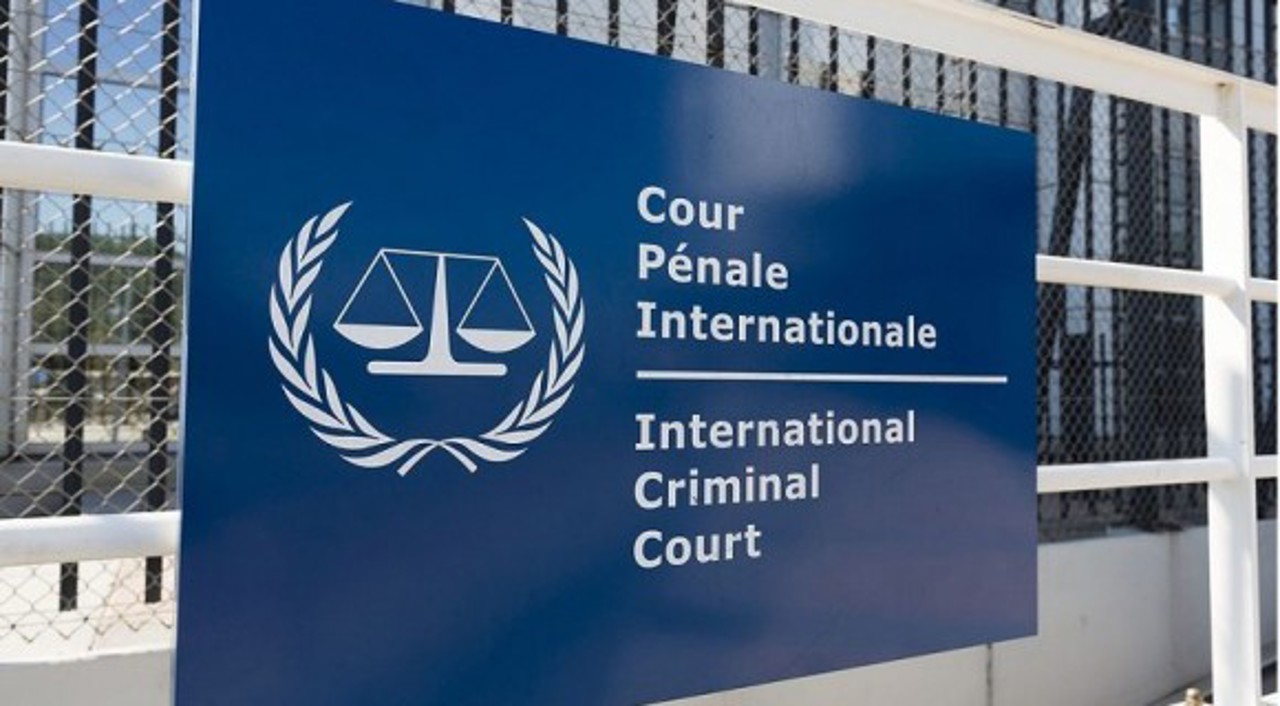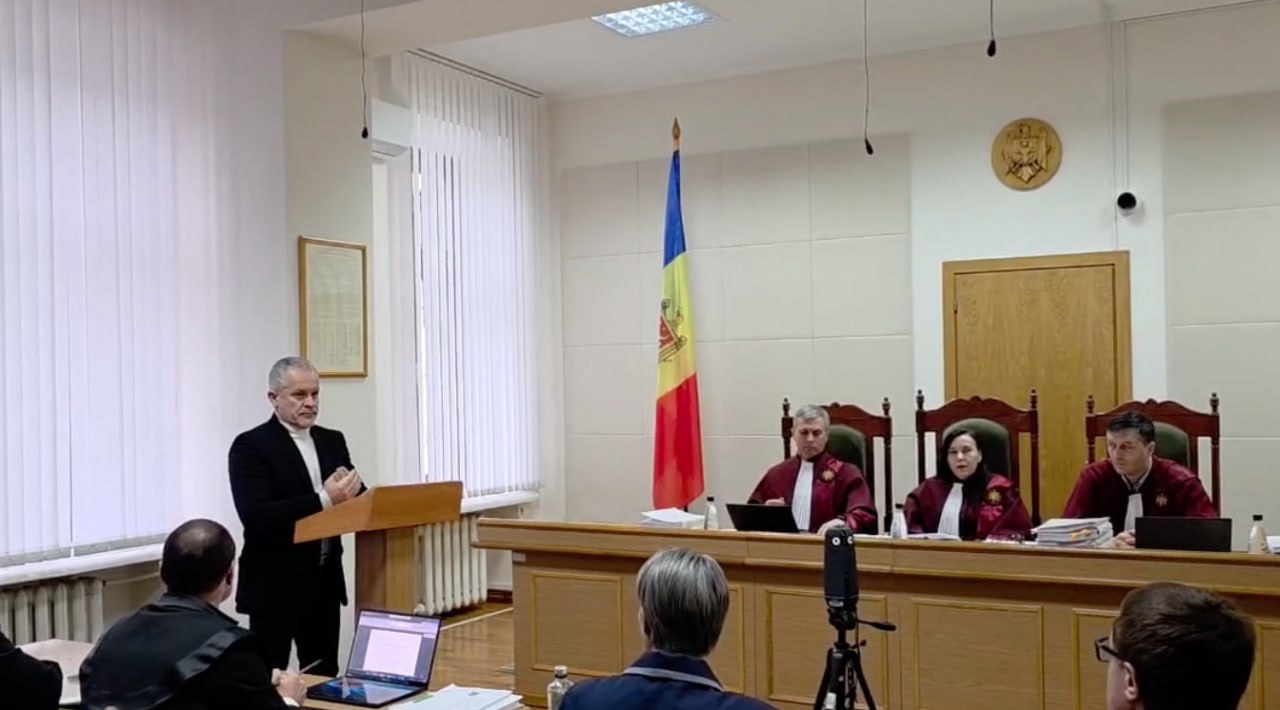Accusations of Crimes Against Palestinians: Netanyahu's Dilemma
Amidst the array of domestic legal challenges currently on hold due to the Gaza conflict, the Iranian threat, and the involvement of the Lebanese Hezbollah movement, Israeli Prime Minister Benjamin Netanyahu finds himself entangled with the International Criminal Court (ICC) in The Hague.

The ICC is poised to potentially issue an arrest warrant against him, as reported by Dan Alexe.
This presents a significant new hurdle for the Israeli government. While endeavouring to justify the civilian casualties resulting from the conflict erupted post-October 7th and the internal dissent stemming from unmet objectives – specifically, the release of hostages and the decisive defeat of Hamas – Netanyahu must also confront the looming decision of the International Criminal Court. According to circulating rumours, the ICC is prepared to seek the arrest of Netanyahu, along with Defense Minister Yoav Gallant and Chief of Staff of the Armed Forces Herzi Halevi, as early as next week.
The gravity of the accusation against them cannot be overstated: all three face charges of crimes against humanity committed against Palestinians.
Reports from the Israeli news outlet Walla indicate that Netanyahu has personally engaged in "tense telephone conversations" with his allies in a bid to avert an ICC warrant. Even the United States, it is suggested, has mobilised its diplomatic efforts to dissuade the Hague judges from taking such decisive action. This mirrors a recent precedent set by the international arrest warrant issued against Vladimir Putin for the invasion of Ukraine.
Although the situation does not entail immediate judicial ramifications due to Israel's non-recognition of the ICC, it constitutes a monumental political challenge concerning the nation's image and credibility.
Furthermore, neither the United States, Israel, nor Russia has ratified the ICC statute to avoid relinquishing their legal sovereignty to a superior international entity.
Netanyahu remains steadfast in his belief that the existing pressure is insufficient and harbours concerns over the imminent issuance of an arrest order. Such an order would compel all 120 signatory countries to enforce it should the implicated individuals traverse their jurisdictions. This, without considering the ethical implications for Israel's allies and supporters of a decision that, akin to Putin's case with Ukraine, would officially affirm the presence of substantial evidence justifying the arrest of decision-makers and executors of a war strategy against Hamas. Palestinian sources allege this strategy has already resulted in over 34,000 deaths, including women, minors, and children.
Translation by Iurie Tataru





